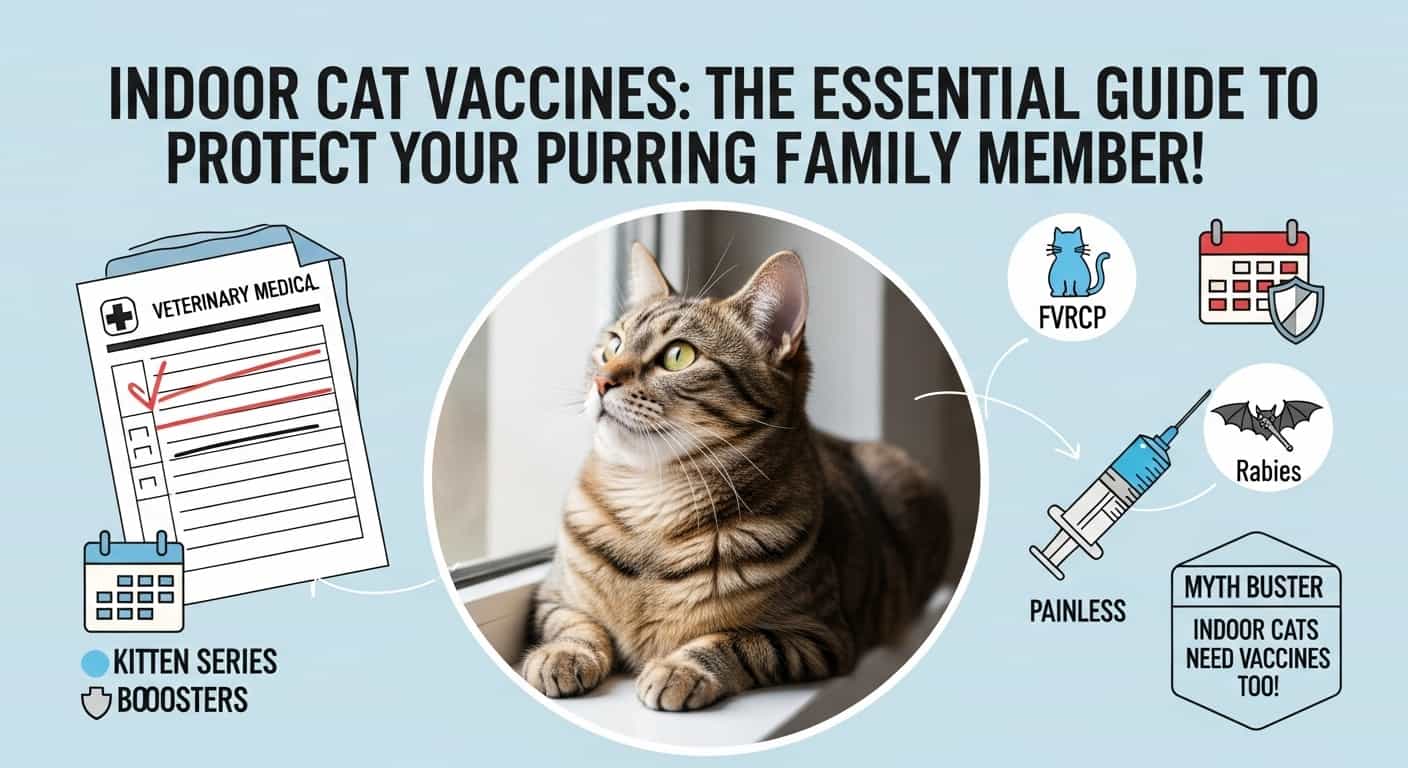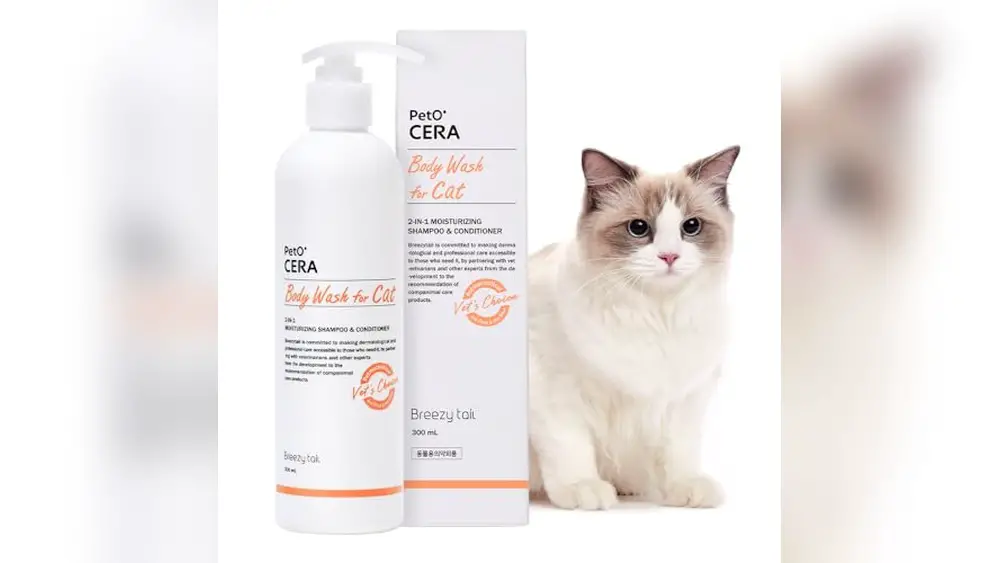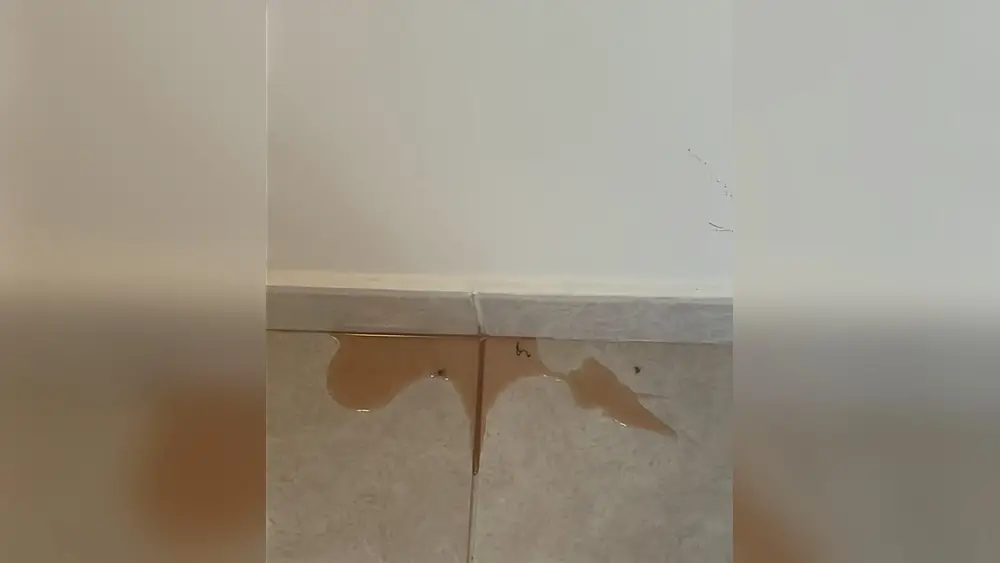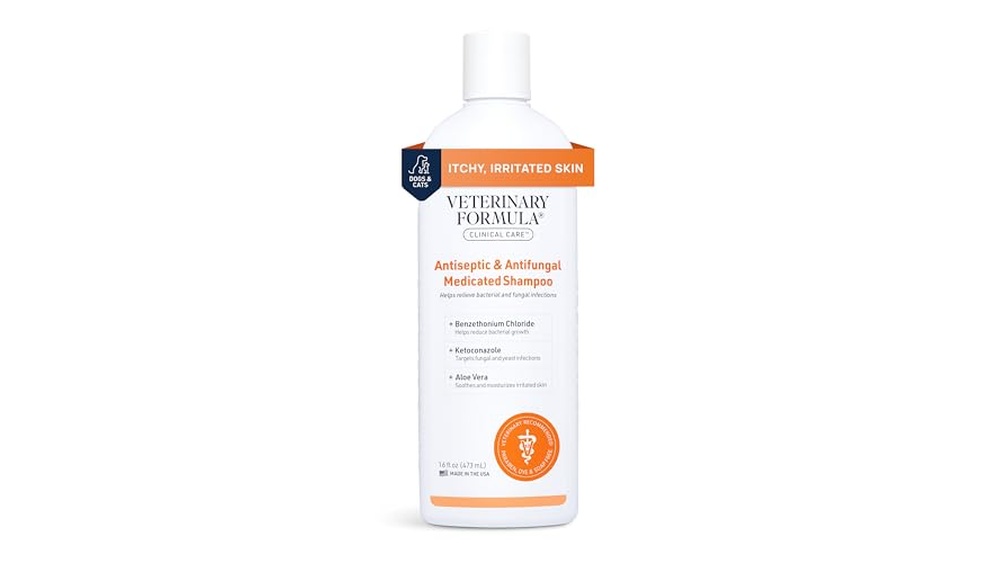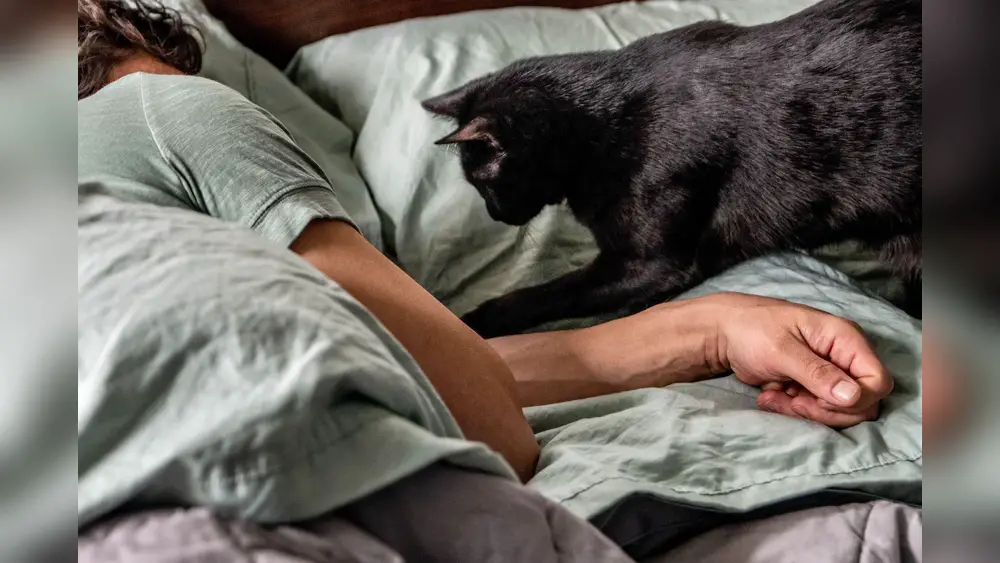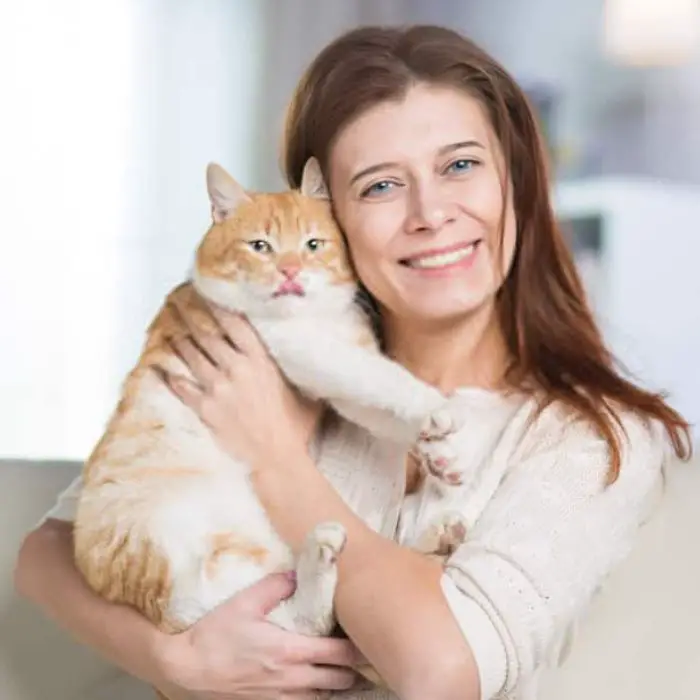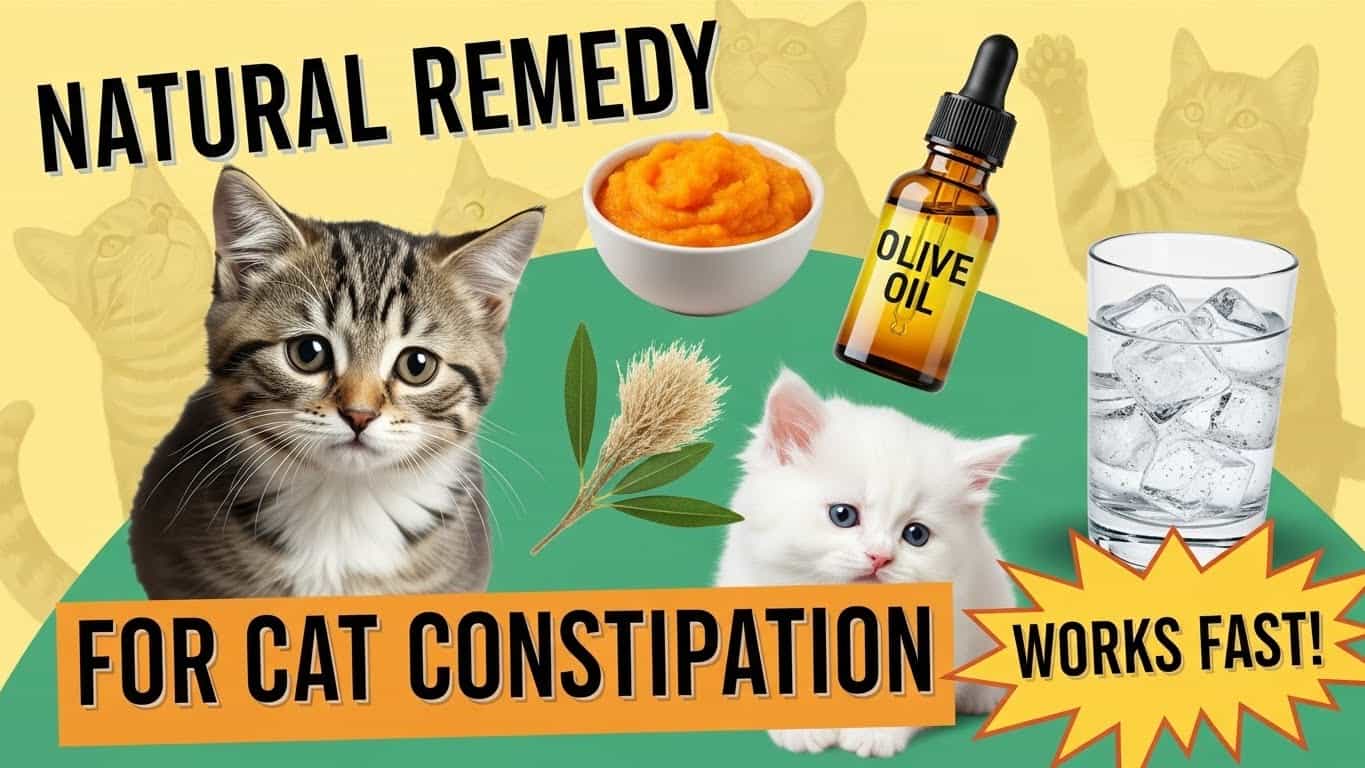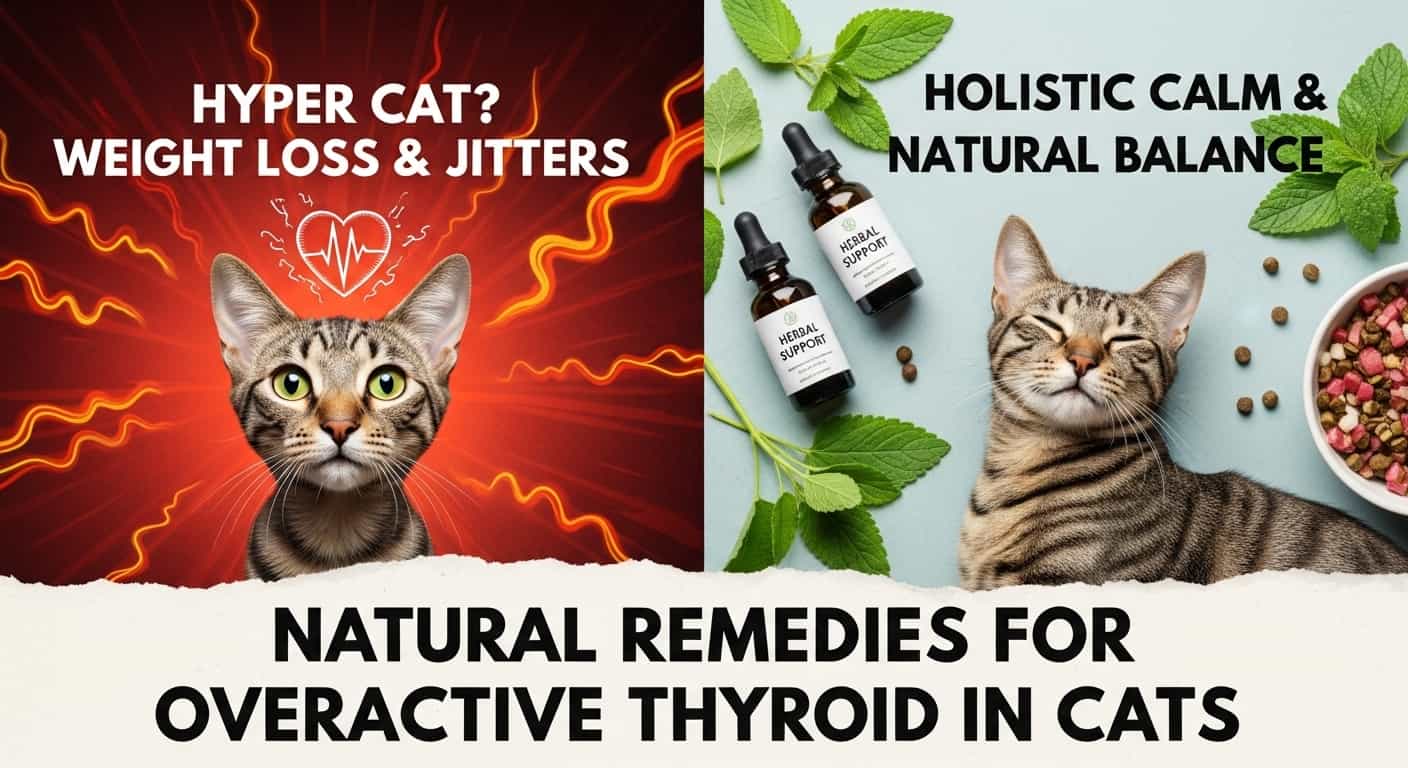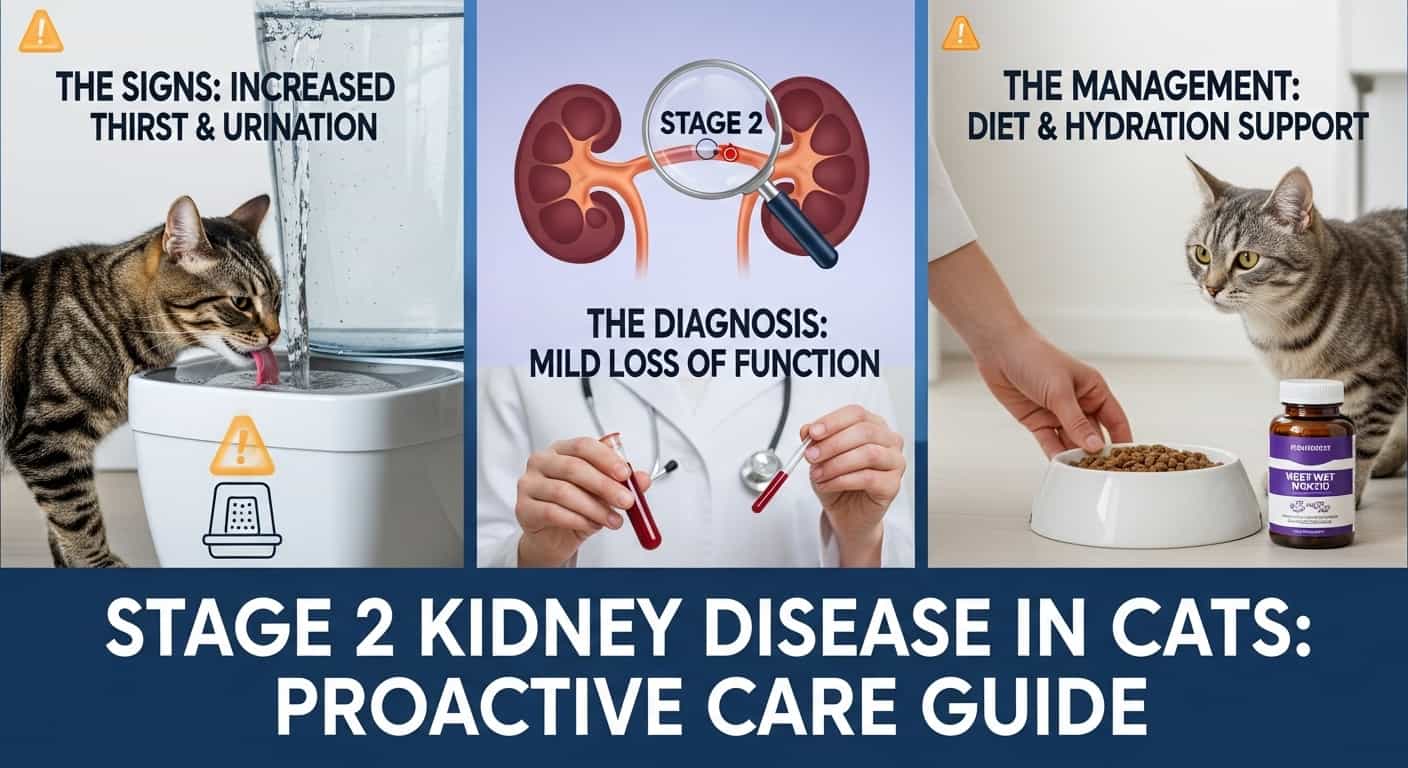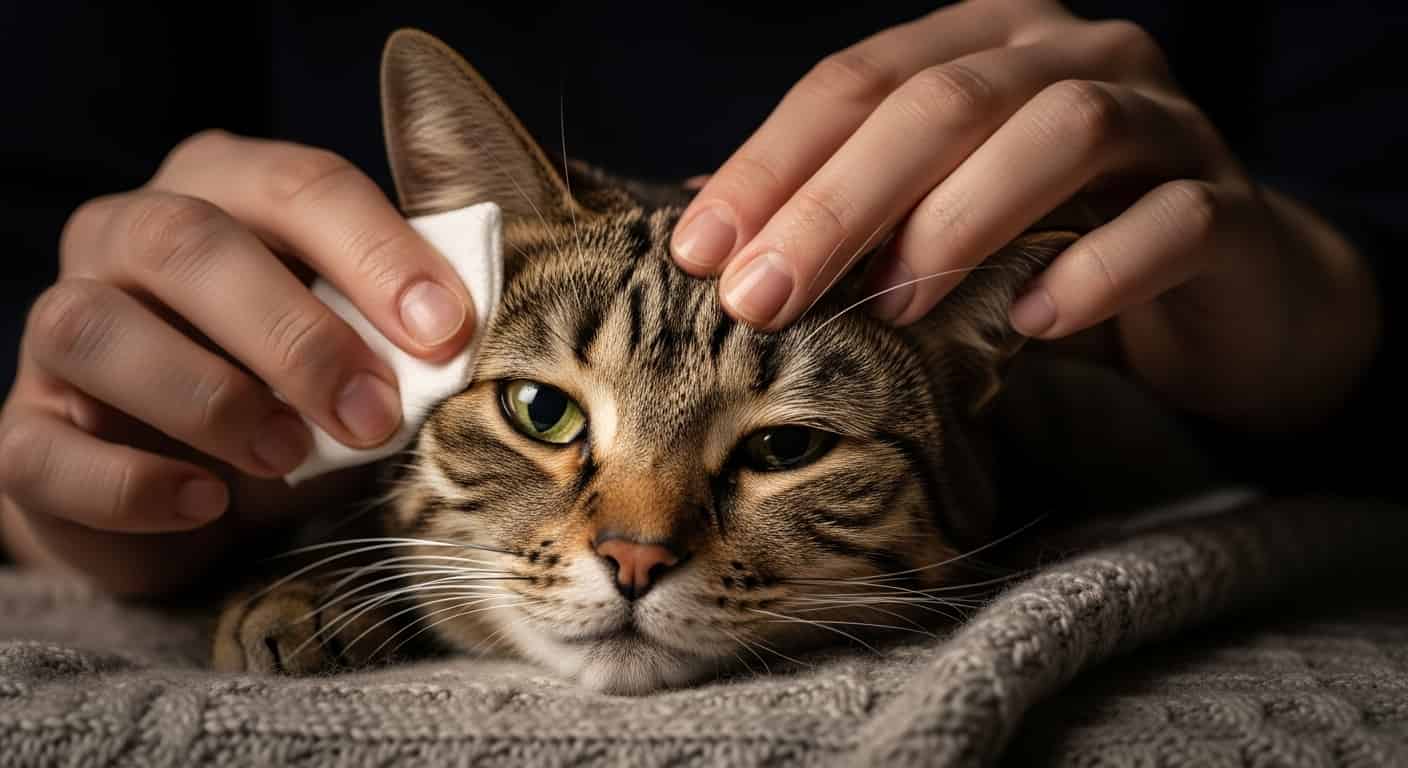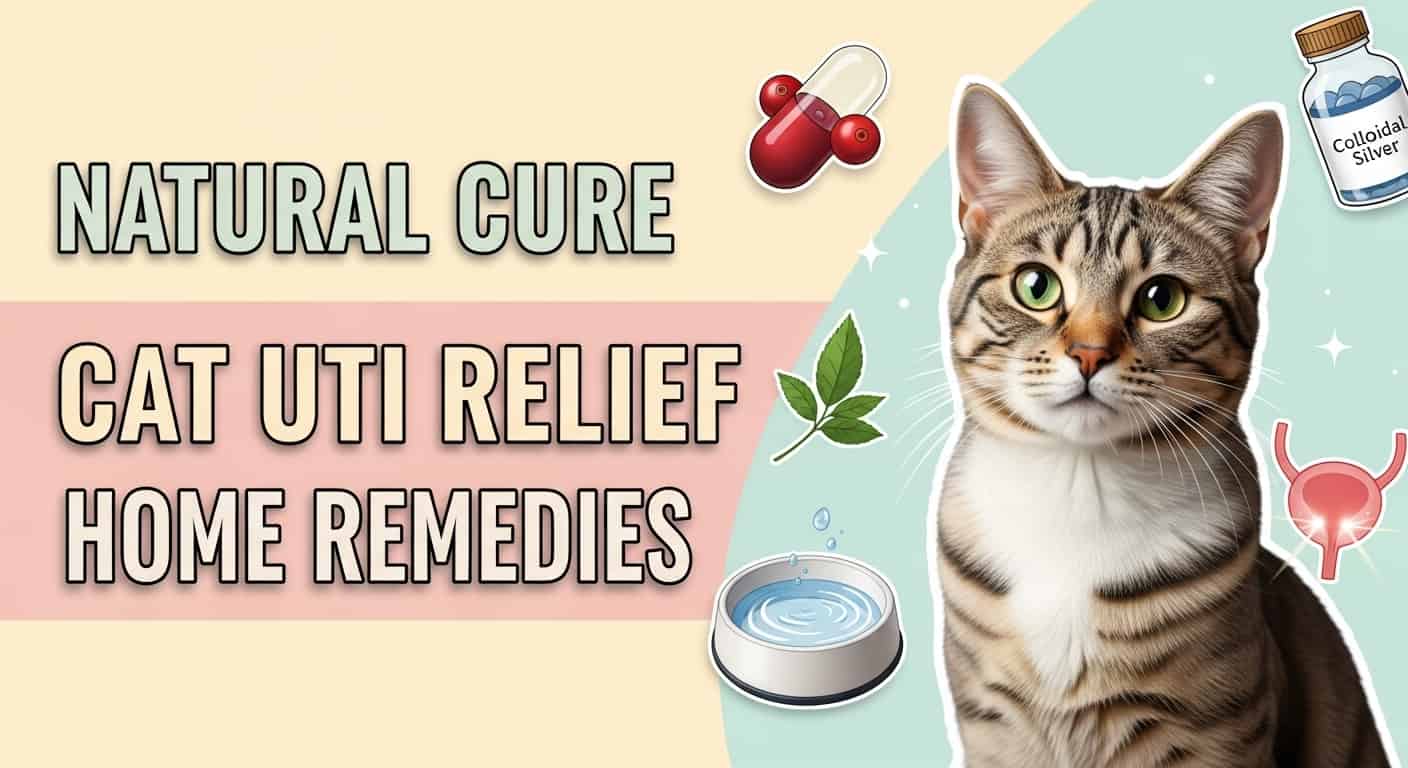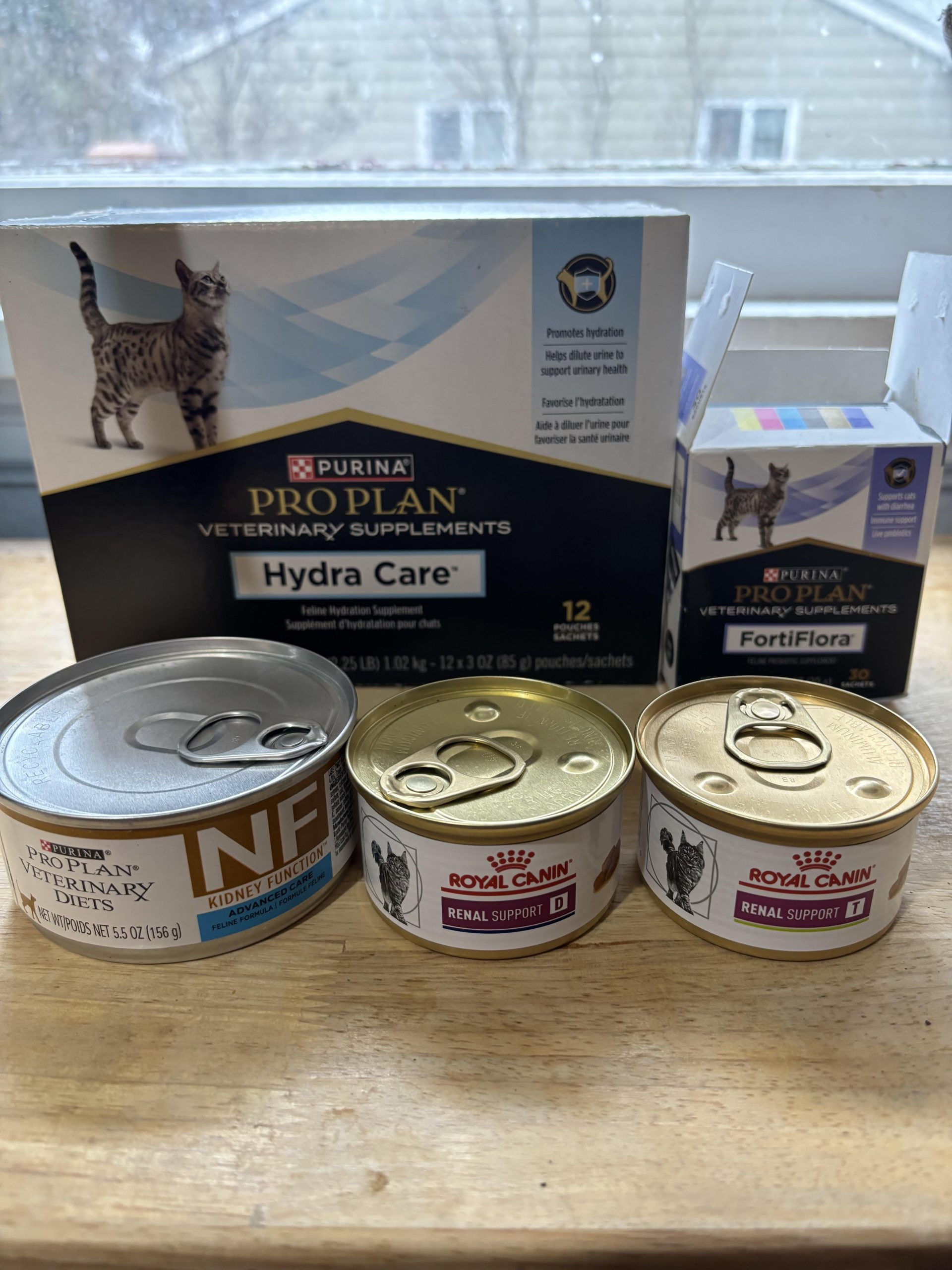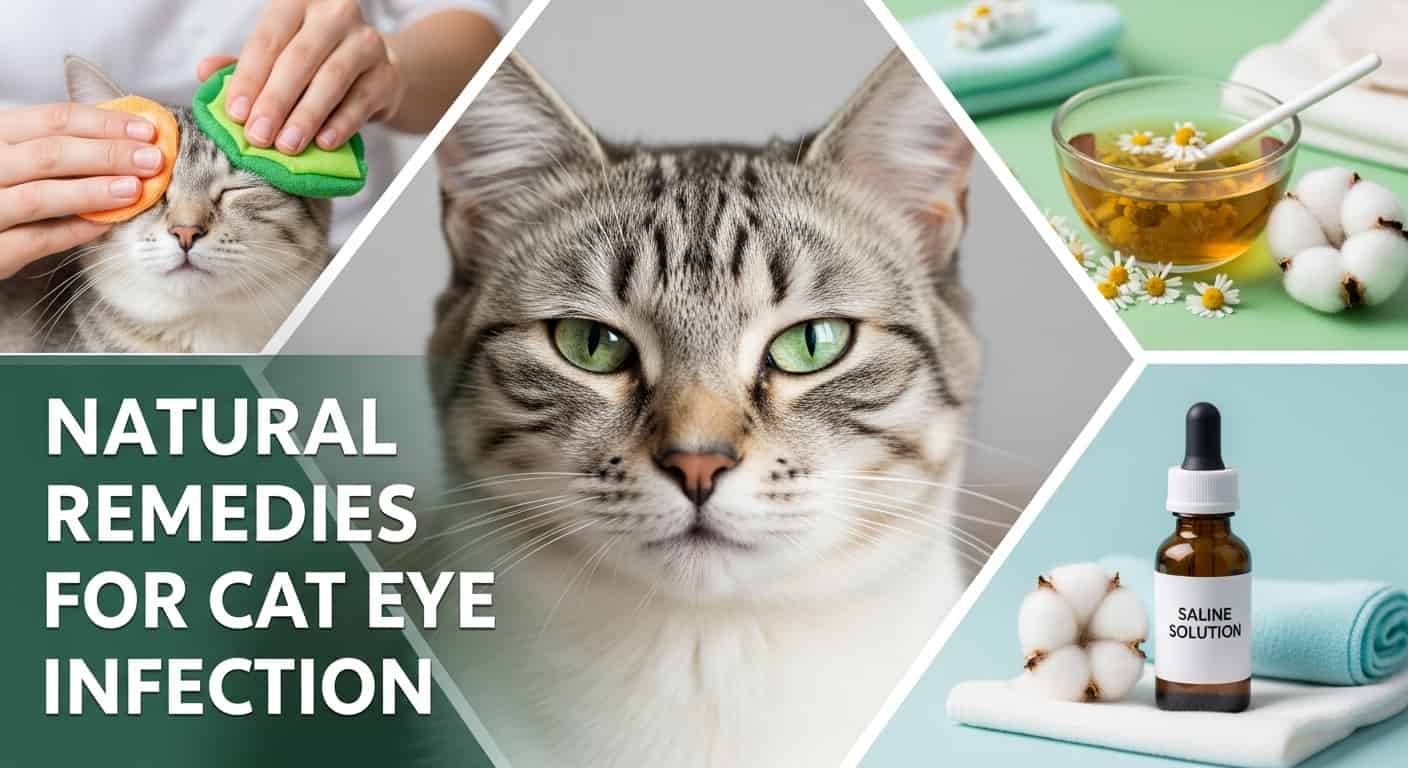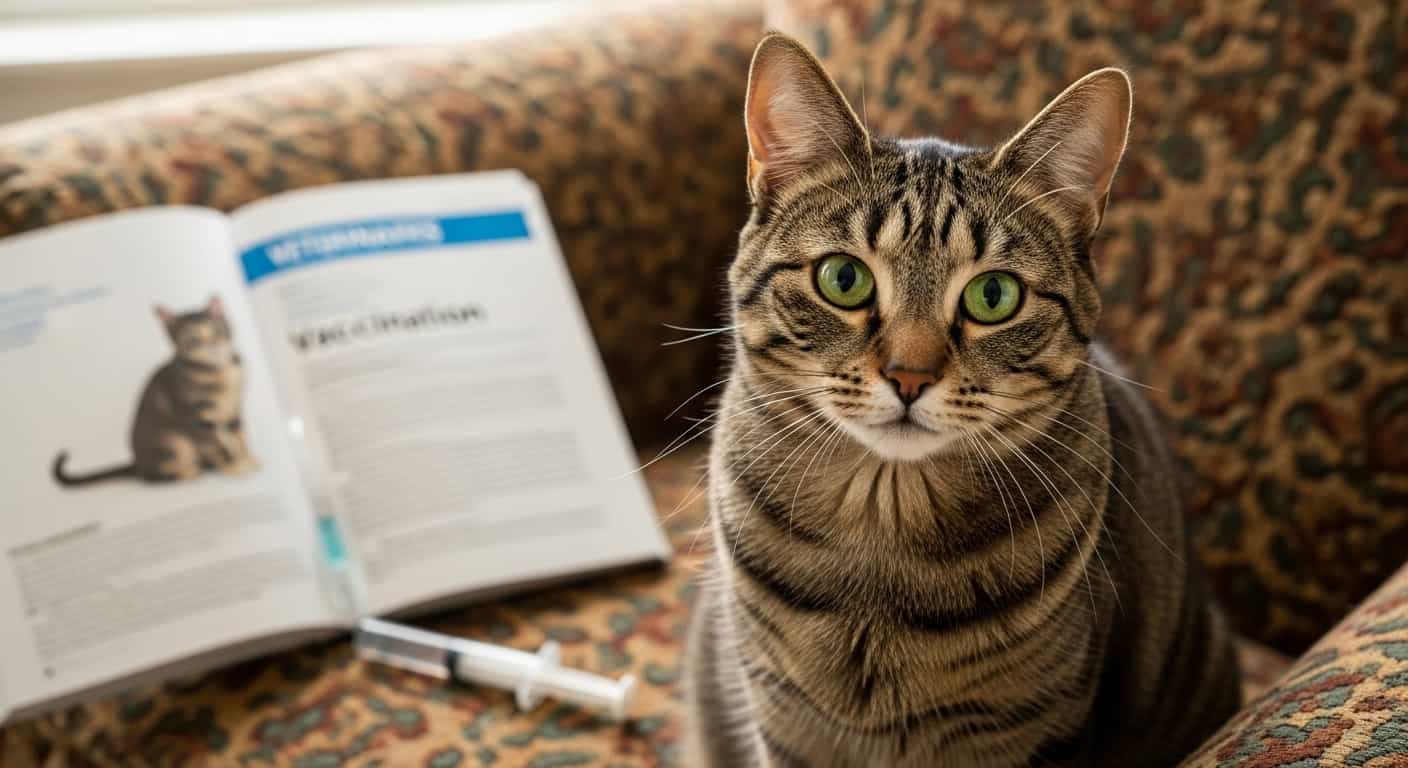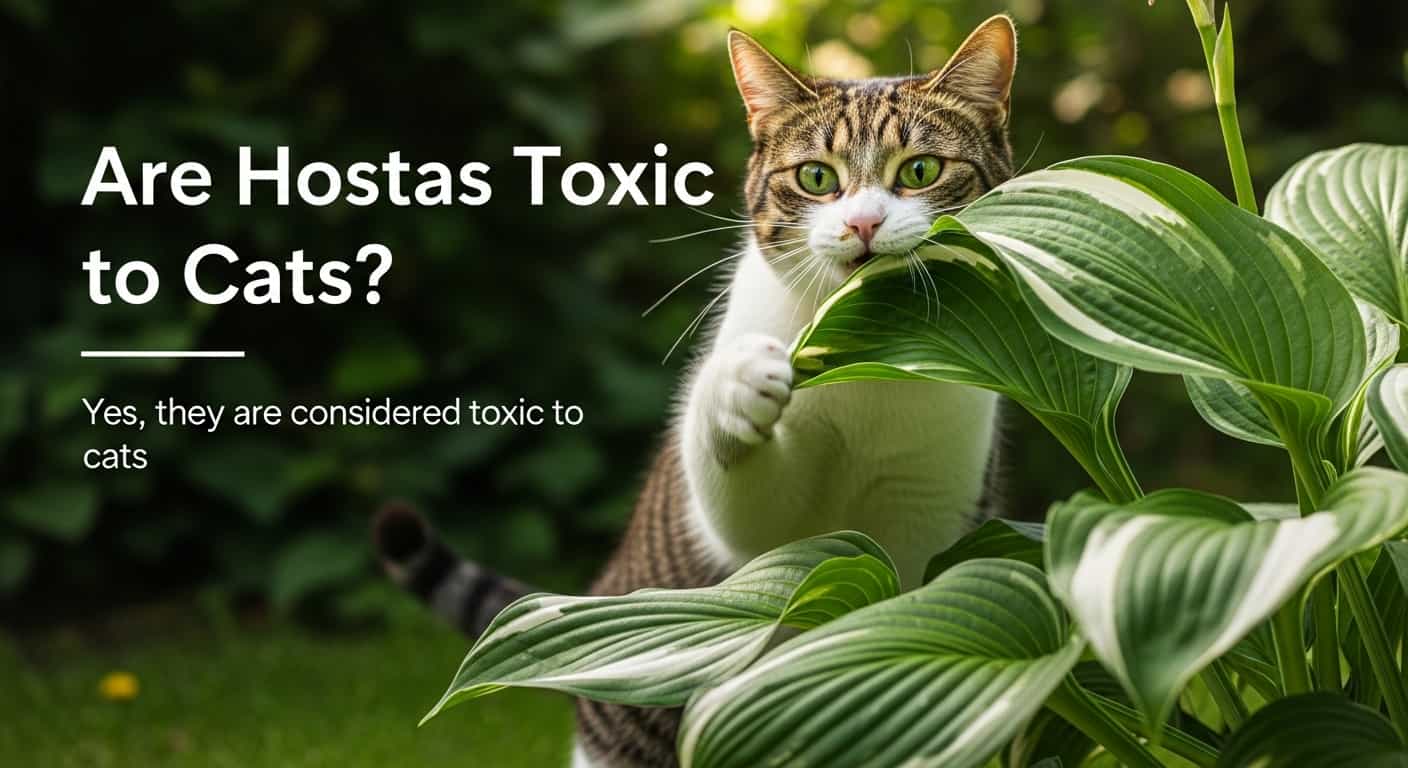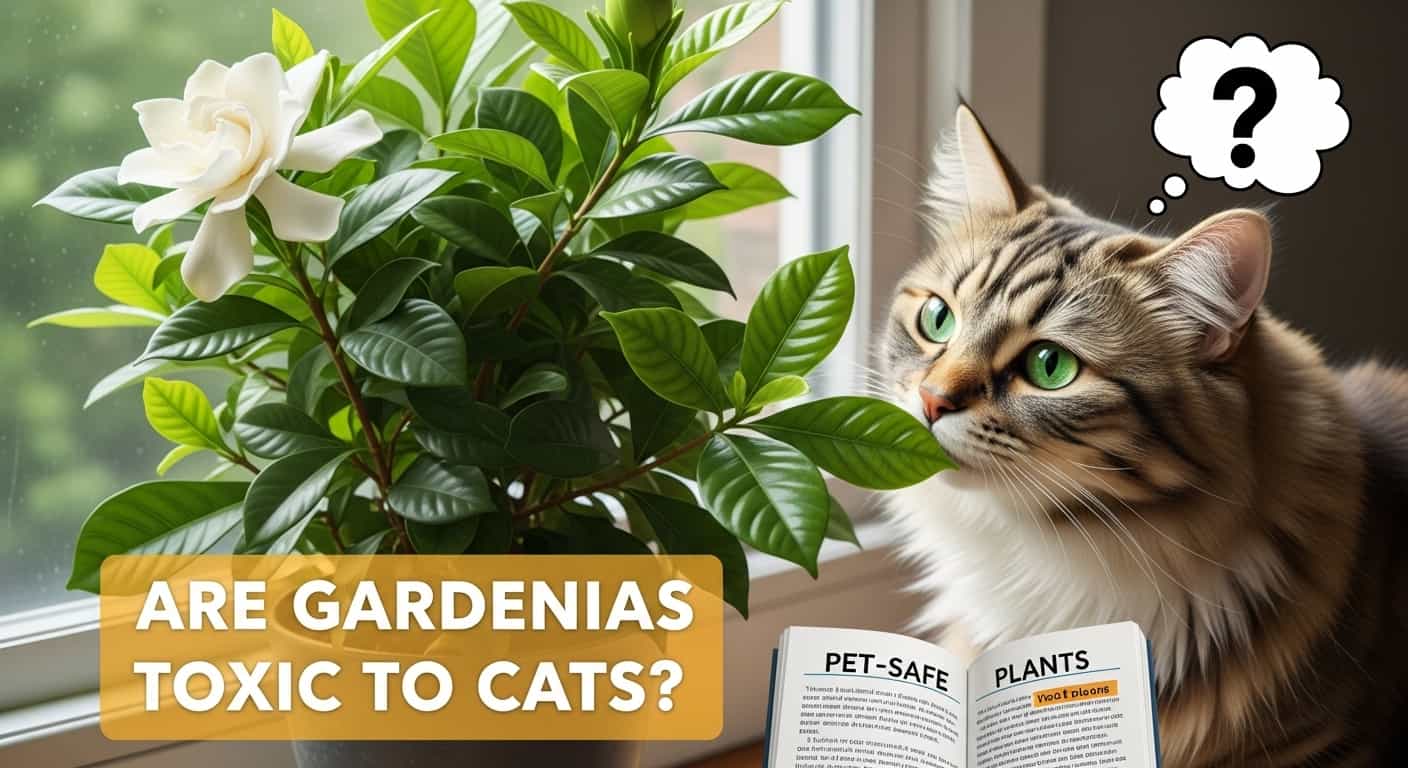Imagine the warm purr of your beloved house cat, nestled comfortably in your lap. You cherish these moments of peace and affection.
Table of Contents
ToggleBut have you ever wondered if vaccinations are necessary to keep your furry friend safe and healthy? As a responsible pet owner, you want to ensure your cat lives a long and happy life. Vaccinations might seem like a daunting topic, but understanding them is crucial.
This article will guide you through the essential facts about cat vaccinations, revealing why they might be more important than you think. Dive in to discover how you can protect your feline companion from potential health risks and ensure their well-being.
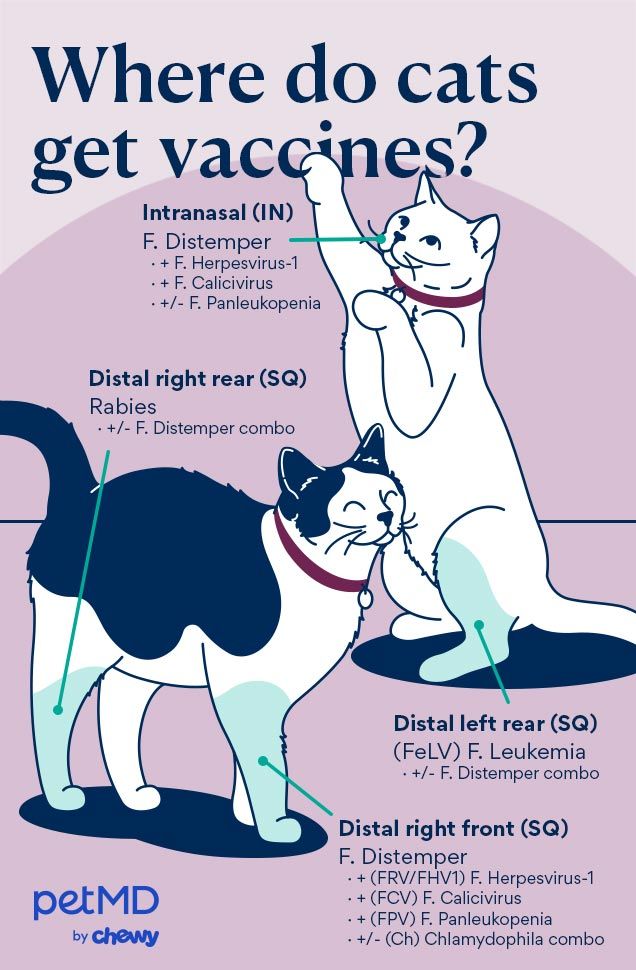
Credit: www.petmd.com
Importance Of Cat Vaccination
Vaccination protects house cats from serious diseases. It ensures their health and safety. Even indoor cats can be exposed to viruses. Regular vaccinations are essential for preventing outbreaks. Keep your feline friend healthy with routine shots.
Vaccinating your house cat is not just a routine task; it’s a pivotal step in ensuring your pet’s health and happiness. Vaccines protect cats from serious diseases like feline leukemia and rabies, which can be fatal if left unchecked. As a responsible cat owner, you have the power to prevent these diseases from threatening your furry friend.Why Vaccines Are Essential For Cats
Vaccines act as a shield against infections. By introducing a controlled amount of a virus or bacteria, they train your cat’s immune system to fight off potential threats. Imagine the peace of mind you’ll have knowing your cat is protected from the invisible dangers lurking in the environment.Protecting Against Common Diseases
Cats can catch illnesses that you might not even think of. Feline distemper, for instance, is highly contagious and can spread quickly among cats. Vaccination reduces the risk of outbreaks, ensuring that your cat—and any other cats they might encounter—stay healthy and safe.Here's a related post that you might find useful. What Vaccines Do Indoor Cats Need: Essential Guide
Ensuring Safety In Multi-cat Households
If you have more than one cat, vaccination becomes even more critical. Unvaccinated cats can transmit diseases to each other, making your home a breeding ground for illness. Vaccinating all your cats maintains a healthy environment where they can thrive together.Preventing Zoonotic Diseases
Some diseases can jump from cats to humans. Rabies is a prime example, posing a threat not only to your cat but also to you and your family. By vaccinating your cat, you safeguard your household from such risks.Considering Indoor Vs. Outdoor Cats
You might think indoor cats are safe, but that’s not entirely true. Even indoor cats can be exposed to diseases through contact with other pets or through items brought into the home. Vaccination is a smart move regardless of where your cat spends most of its time.Making Regular Vet Visits A Priority
Regular vet visits allow you to stay updated on your cat’s health needs, including their vaccination schedule. It’s easy to lose track of what your cat needs, but vets are there to help keep everything on schedule and ensure your cat remains healthy.How Vaccination Impacts Long-term Health
Vaccinated cats often lead healthier lives. They are less prone to severe illnesses, which translates into fewer vet visits and lower medical costs. Investing in vaccines is investing in your cat’s future well-being. Remember that each choice you make affects your cat’s life. Are you ready to commit to their health? Vaccination is a small step that makes a big difference. It’s a chance to be proactive and show your cat how much they mean to you.Common Cat Diseases
Vaccination protects house cats from common diseases like feline distemper and rabies. Many diseases are preventable with vaccines. Regular vet visits ensure cats stay healthy and safe.
Cats are beloved pets, offering companionship and joy. Keeping them healthy is crucial. Vaccinations play a key role in this. They protect against common cat diseases. These diseases can be serious and sometimes fatal. Understanding them helps you make informed choices for your cat’s health.Here's a related post that you might find useful. Should I Vaccinate My Cat: Essential Health Insights
Feline Viral Rhinotracheitis
This disease is caused by the herpesvirus. It’s very contagious among cats. Symptoms include sneezing, nasal discharge, and eye problems. It can lead to severe respiratory issues. Vaccination helps prevent the spread of this virus. Protecting your cat from this disease is important.Feline Calicivirus
Feline Calicivirus affects the respiratory system. It causes ulcers in the mouth. Cats may experience fever and joint pain. It’s easily transmitted through saliva. Vaccines are effective in reducing symptoms. Regular vaccination keeps your cat safe.Feline Panleukopenia
This is a deadly virus. It attacks the digestive system. Symptoms include vomiting and diarrhea. It’s highly contagious and can spread quickly. Vaccination is crucial for prevention. It ensures your cat remains healthy and safe.Rabies
Rabies is a serious disease. It affects the brain and spinal cord. Symptoms are aggressive behavior and paralysis. Rabies is fatal once symptoms appear. Vaccinating your cat is essential. It protects both your cat and you. Rabies vaccination is often required by law.Core Vaccines For Cats
House cats need core vaccines to prevent serious diseases. Vaccines protect against feline distemper, herpesvirus, and calicivirus. Regular vaccination keeps indoor cats healthy and safe.
Core vaccines play a crucial role in maintaining your cat’s health. They protect against common and serious feline diseases. Vaccination keeps your cat safe and prevents outbreaks. Understanding core vaccines helps ensure your pet’s well-being.What Are Core Vaccines?
Core vaccines are essential for all cats. They target diseases that are widespread and severe. Rabies, feline distemper, and feline herpesvirus are included. These vaccines prevent diseases that can spread easily. They are recommended by veterinarians worldwide.Benefits Of Core Vaccines
Core vaccines offer significant health benefits. They enhance your cat’s immune system. Vaccinated cats are less likely to catch diseases. This reduces vet visits and medical costs. Vaccines protect both your pet and community. They help control disease outbreaks in the neighborhood. These vaccines ensure your cat leads a healthy life.Non-core Vaccines
House cats may need non-core vaccines based on their lifestyle and exposure risk. Outdoor cats often face higher risks, making these vaccines more important. Consulting with a vet helps determine which vaccines are necessary for your cat’s health and safety.
When it comes to vaccinating your house cat, you might encounter terms like “core” and “non-core” vaccines. While core vaccines are essential for every cat, non-core vaccines are optional and depend on various factors. Understanding these can help you make informed decisions about your cat’s health.Optional Vaccines
Non-core vaccines are not required for all cats. They are tailored based on your cat’s lifestyle and exposure risk. Some of these vaccines include the feline leukemia vaccine, which is recommended for cats who go outdoors or are exposed to other cats. Another example is the feline immunodeficiency virus (FIV) vaccine. This might be considered if your cat is at high risk of encountering infected cats. It’s crucial to assess if these optional vaccines are necessary for your pet.Factors Influencing Non-core Vaccination
Several elements can influence your decision to opt for non-core vaccines. Consider your cat’s environment. Does your cat interact with other animals often? Evaluate your cat’s health and age. Younger cats or those with certain health conditions may benefit more from specific vaccines. Consult your veterinarian about your cat’s unique needs. Their expertise can guide you in deciding which non-core vaccines, if any, are appropriate. When I first adopted my cat, I was unsure about non-core vaccines. After discussing with my vet and considering my cat’s habit of exploring every corner of our neighborhood, I decided on the feline leukemia vaccine. It’s a decision that brought peace of mind and ensured my cat’s well-being. Have you considered what specific risks your cat might face? Understanding these can make a significant difference in their health.Vaccination Schedule
Understanding the vaccination schedule for house cats is crucial for their well-being. Vaccines play a vital role in preventing diseases. Knowing the right time to vaccinate ensures lifelong health for your feline friend.
Kitten Vaccination Timeline
Kittens receive their first vaccines at six to eight weeks old. They need core vaccines like Feline Viral Rhinotracheitis, Calicivirus, and Panleukopenia (FVRCP). These are essential for protecting their fragile immune systems. The second round of vaccines is usually given at 12 weeks. This includes a booster for FVRCP and the rabies vaccine. Rabies vaccination is required by law in many areas.
At 16 weeks, kittens need their final booster shots. Completing this schedule helps build strong immunity. Regular vet visits ensure they are on track. Missing a vaccine can leave them vulnerable to infections.
Adult Cat Vaccination Timeline
Adult cats require fewer vaccines than kittens. They need booster shots every one to three years. The frequency depends on the vaccine type and vet advice. Core vaccines are still vital for adult cats. These include FVRCP and rabies vaccines.
Non-core vaccines may be suggested based on your cat’s lifestyle. Factors like outdoor exposure or frequent boarding can influence this. Always consult with your vet for a tailored plan. Keeping up with vaccinations helps maintain their health. It also protects other pets in your household.

Credit: www.diamondpet.com
Potential Side Effects
Vaccinating house cats can cause mild side effects like swelling or fever. Serious reactions are rare but possible. Always monitor your cat after vaccination for any unusual behavior.
Potential side effects of cat vaccinations often concern pet owners. Vaccines protect against diseases but can cause reactions. It’s crucial to know these potential side effects. This helps you make informed decisions about your cat’s health.Common Reactions
Most cats experience mild reactions post-vaccination. These reactions are normal and temporary. Your cat might be sleepy or less active. Some cats may have a slight fever. Swelling at the injection site can occur. You might notice a small lump. These lumps usually disappear in a few days. Cats may also lose appetite for a short time. It’s important to monitor their behavior. Ensure they have access to fresh water and food. Keep them comfortable and calm. Most symptoms resolve without treatment.Severe Reactions
Severe reactions are rare but require immediate attention. Signs include difficulty breathing or extreme lethargy. Swelling of the face or body might occur. If your cat shows these symptoms, contact a vet immediately. Some cats may experience vomiting or diarrhea. In rare cases, an allergic reaction might develop. This could lead to anaphylaxis, which is life-threatening. Quick action can prevent serious complications. Knowing potential side effects helps you prepare. Always consult with a vet for best practices.Cost Of Vaccinating Cats
Vaccinating your house cat is not just about keeping them healthy; it’s also about ensuring the safety of your home environment. But what does it cost? The expense can vary greatly, and understanding these variations can help you manage your pet care budget more effectively. Let’s dive into the different factors that affect the cost of vaccinating cats and how you can budget for these essential health measures.
Factors Affecting Costs
The cost of vaccinating cats can be influenced by several factors. Firstly, the type of vaccine plays a crucial role. Basic vaccines like rabies are generally less expensive than complex ones like feline leukemia.
Location is another significant factor. Veterinary clinics in urban areas often charge more due to higher operating costs compared to rural areas.
Finally, the veterinarian’s experience can impact the cost. A highly experienced vet might charge more for their services, reflecting their expertise and reliability.
Budgeting For Vaccinations
Planning ahead for your cat’s vaccinations can save you from unexpected expenses. Start by researching the costs at local clinics and compare prices to find the best deal without compromising quality.
Consider setting aside a small amount each month specifically for pet healthcare. This proactive approach can prevent financial strain when vaccination time comes around.
Also, check if your vet offers package deals for vaccinations. These can often reduce costs significantly and provide peace of mind knowing your cat is fully protected.
Vaccinating your cat is an essential part of pet ownership, but it doesn’t have to break the bank. Do you think the peace of mind that comes with knowing your cat is protected is worth the investment? Share your thoughts in the comments below!
Where To Get Cats Vaccinated
House cats need vaccinations to stay healthy and prevent diseases. Local vets offer expert advice on necessary shots. Regular check-ups ensure your cat’s protection against common illnesses.
Vaccinating your house cat is crucial for its health and well-being. But where can you get these vaccinations done? The options are varied and cater to different needs and budgets. Let’s dive into the most common places where you can have your feline friend vaccinated.Veterinary Clinics
Veterinary clinics are often the first choice for cat owners seeking vaccinations. These clinics have trained professionals who understand your cat’s specific health needs. At a vet clinic, you can expect a thorough check-up along with vaccinations. This ensures that any potential health issues are identified early. Some clinics even offer vaccination packages, which can save you money in the long run. Check with your local vet to see what services they offer.Animal Shelters
Animal shelters are another excellent option for cat vaccinations. While many think shelters only house animals, they also provide essential health services. Shelters often offer vaccinations at a lower cost compared to private clinics. This is particularly beneficial if you’re on a tight budget. You might be surprised at the quality of care your cat can receive at a shelter. The staff is usually passionate about animal welfare and will ensure your cat gets the care it needs. Have you considered where you might take your cat for vaccinations? It’s essential to weigh the options and choose what’s best for you and your feline friend.Myths About Cat Vaccination
Many cat owners believe myths about vaccinating their furry friends. These myths often lead to confusion and poor decisions. Understanding the truth is essential for your pet’s health. Let’s explore some common misconceptions.
Debunking Common Misconceptions
One myth is that indoor cats don’t need vaccines. Many believe they are safe from diseases. But viruses can enter your home in many ways. They can attach to shoes, clothing, or even through open windows. Vaccination keeps your cat protected.
Another myth is that vaccines cause illness. Some owners fear side effects more than the diseases. Most vaccines are safe and have mild side effects. The benefits far outweigh the risks. Vaccines protect against serious and deadly diseases.
Expert Opinions
Experts agree that vaccination is vital for a cat’s health. Veterinarians recommend regular vaccines for all cats. They stress the importance of early and consistent protection. Vaccines help prevent outbreaks and spread of diseases.
Research shows vaccines save lives. They have reduced the spread of feline diseases. Experts emphasize that informed decisions lead to healthier pets. Trust in science and expert advice. Vaccination is a crucial part of pet care.
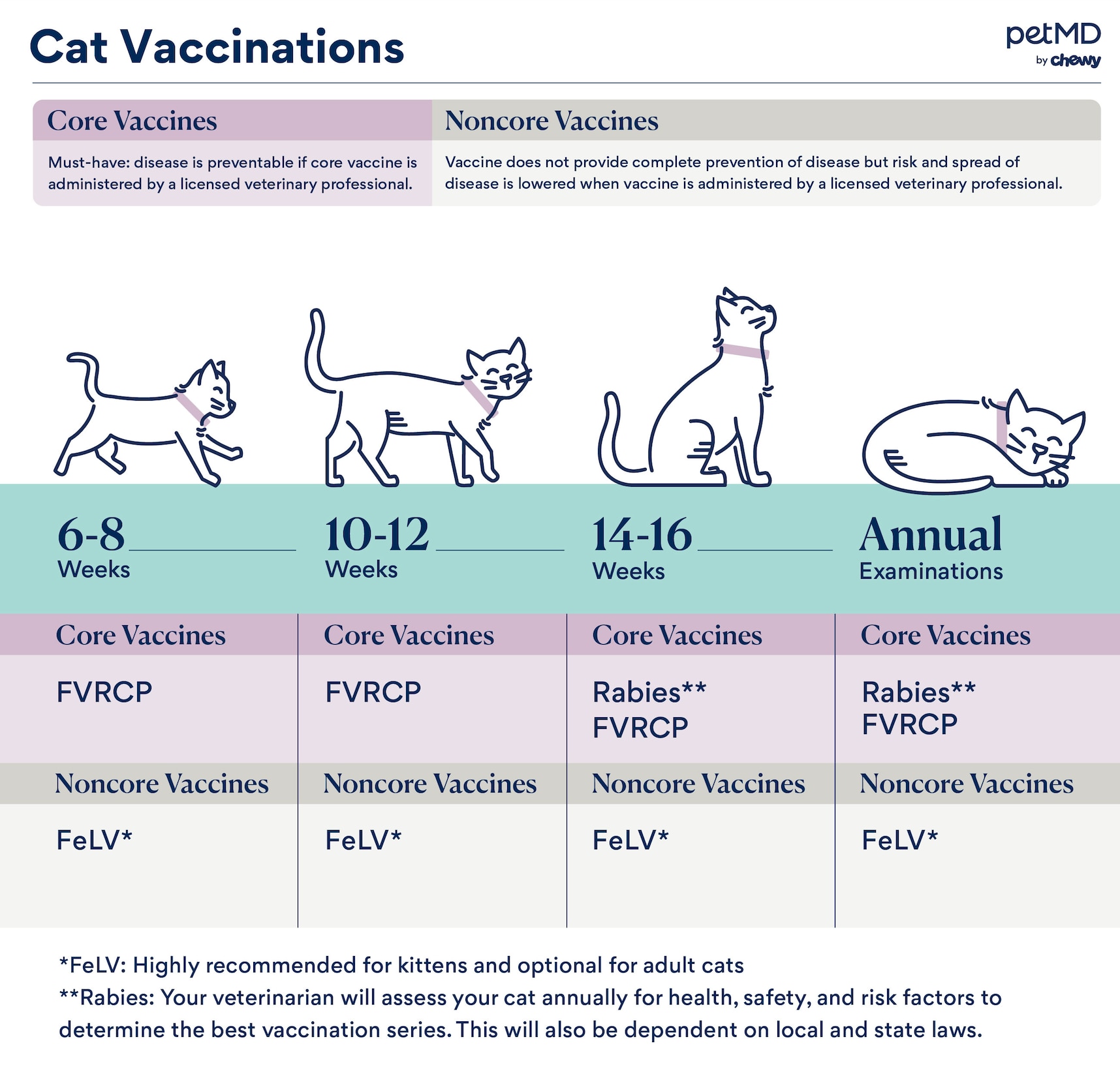
Credit: www.petmd.com
Frequently Asked Questions
Why Do House Cats Need Vaccinations?
Vaccinations protect house cats from various diseases, ensuring their health and safety. Even indoor cats can be exposed to viruses through windows, other pets, or humans. Vaccinating your cat helps prevent serious illnesses and contributes to a healthier feline population overall.
Consult your vet for a recommended vaccination schedule.
What Vaccines Are Essential For House Cats?
Core vaccines for house cats include rabies, feline distemper, and feline herpesvirus. These vaccines protect against common and potentially fatal diseases. Your veterinarian may also recommend additional vaccines based on your cat’s lifestyle and local disease prevalence. Regular vaccinations are crucial for maintaining your cat’s health.
How Often Should House Cats Be Vaccinated?
House cats typically require vaccinations annually or every three years, depending on the vaccine type. Your veterinarian will provide a tailored vaccination schedule based on your cat’s age, health, and lifestyle. Regular check-ups ensure that your cat remains protected against common diseases.
Are There Risks Associated With Cat Vaccinations?
While vaccinations are generally safe, some cats may experience mild side effects. These can include swelling at the injection site, lethargy, or a slight fever. Serious reactions are rare but possible. Always monitor your cat after vaccinations and consult your veterinarian if you notice any concerning symptoms.
Conclusion
Vaccinating house cats is essential for their health and safety. Vaccines protect against serious diseases. Cats, even indoors, can face risks. Viruses can enter homes through visitors or other pets. Vaccines ensure a safer environment for your feline friend. Always consult your vet for a suitable vaccination schedule.
They know what’s best for your cat. Regular check-ups help maintain your cat’s health. Keep your furry companion healthy and happy. Vaccinations are a crucial part of their care. Your cat relies on you for protection. Make informed decisions. Prioritize their well-being.

